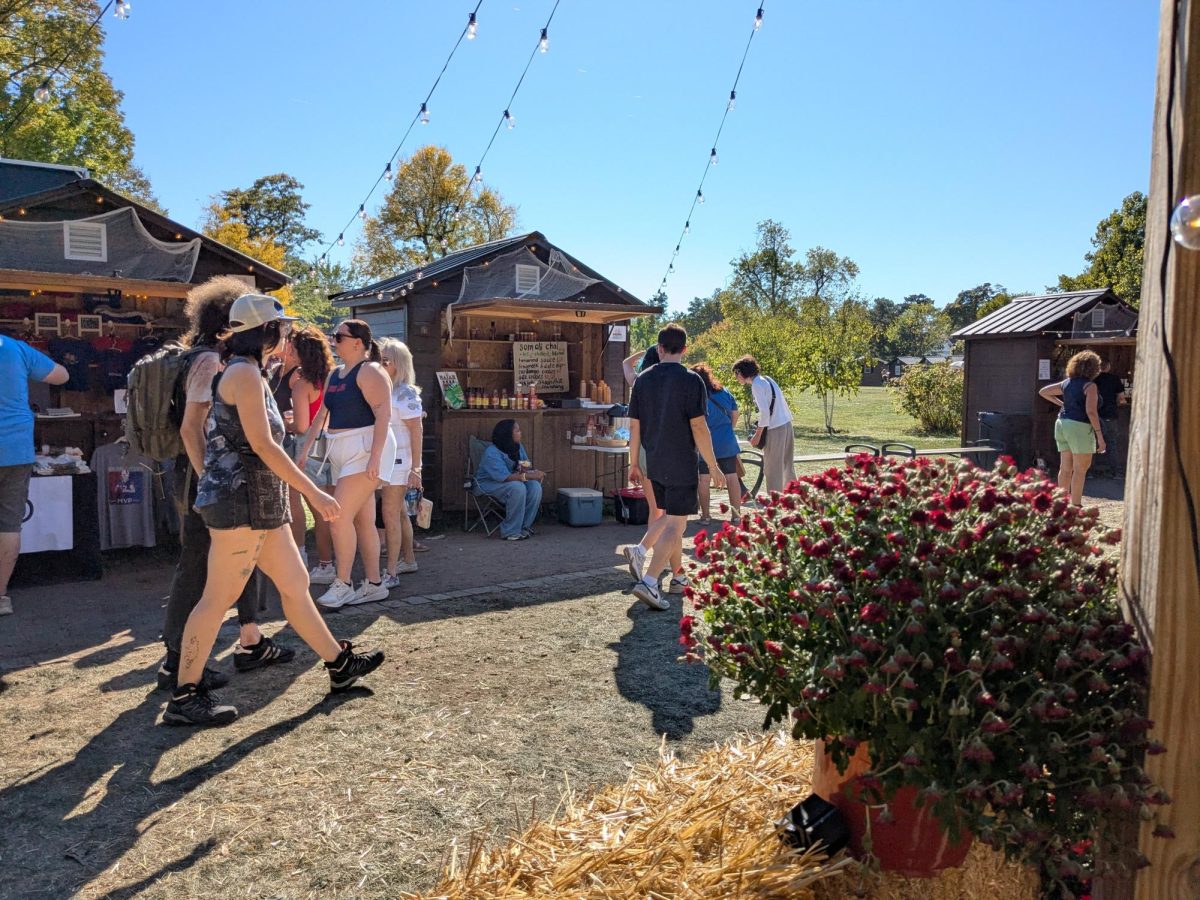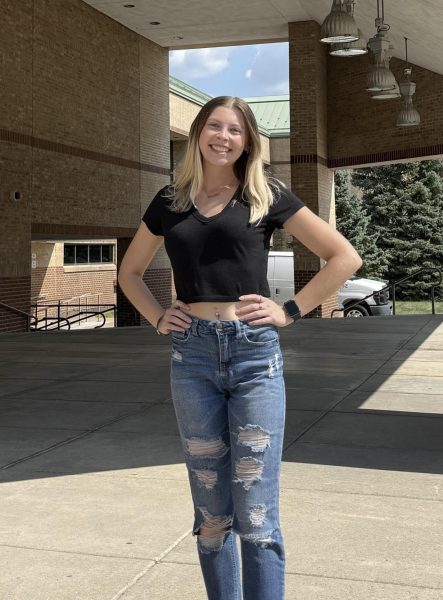Applied learning proposed as new gen-ed
October 25, 2016
United Student Government President Terron Grant brought up an interesting proposal for debate in front of the USG Senate two weeks ago. That proposal was a new General Education Requirement for all students at SUNY Buffalo State called “Applied learning.”
“Applied learning as a mandatory requirement, one class for graduation whether it’s an internship or through community service,” Grant said in front of the USG Senate. He laid out the plans and opened the floor to questions and comments.
The requirement is expected to be put into place in about five years if it is voted to pass.
Grant was given the proposal to bring up in front of the USG Senate by the College Senate, according to Stephanie Zuckerman-Aviles, SUNY Provost’s Applied Learning Advisory Council Buffalo State Representative. According to both her and Grant, the college wanted there to be discussion with students about the new requirement as they grapple with whether the idea is feasible.
The Buffalo State Applied Learning Task Group is in its second year. One of the tasks it defined was what applied learning essentially is.
“Internships are the one we have,” Zuckerman-Aviles said. “But if you go out to do a research project, that’s applied learning.” She also mentioned studying abroad, community service, as well as entrepreneurship.
Grant is no stranger to applied learning, either.
“I’ve always been a firm believer that you learn more outside of the classroom,” Grant said. “It’s the application that sticks. What you learn in the classroom just flies over you. Especially for me. Even in business.
“I’ve learned this through actually having a business. I’ve learned so much more by managing and operating a business rather than just learning in classes. I’m in favor of it, but at the end of the day it’s how the student body feels.”
Grant has done two business internships, as well as owning his own business, Black Fire Clothing.
Zuckerman-Aviles spelled out the five criteria for the Approved Applied Learning Experiences. The first is that the activity has to be structured. That means that there’s a formal process, like a syllabus or learning contract between all the parties: student, faculty and work supervisor.
The second is that the student needs to prepared and have enough background to succeed at the task. In the spirit of that, students also must be monitored by faculty through updates or meetings with the student for the purposes of feedback.
Likewise, the student must also provide input of their experience. Finally, through systematic analysis of the beginning and ending point of the program, the applied learning experience must be assessable and finally graded on.
email: [email protected]



